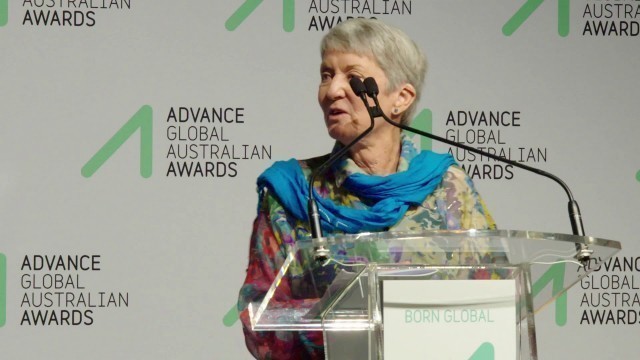

'I became aware half way through my PDC with Robyn Francis that permaculture was what had been lacking in my work in ‘developing’ countries such as India and Lesotho where I had worked in agriculture. I had had the experience coming up against the wall of conventional horticulture and destructive agriculture practices that were unable to solve the problems of food security and land degradation to which they had contributed so severely. I knew deeply that permaculture had applications beyond the situation of say, 20 people in a capitalist country converting to a more sustainable lifestyle. I was able to review my memories of poverty and powerlessness and recognise that permaculture can reverse these and its practices rebuild threatened and diminishing resources. such as water, soil and forests. I took permaculture with me to Viet Nam in those difficult post-war days. It provided the framework, through design, to allow the traditional knowledge and skills to be recovered and rebuild the country and its food supply. The success and my concern grew for similar national and local situations where people, for whatever reasons, were denied access to the knowledge that permaculture would give them. I passionately believe that as I have had the privilege learn, permaculture, is the RIGHT of all other people so they can buffer or transform their lives faced with capitalism and global warming. So my journey took me to: Cambodia during the last years of the war with Pol Pot and the UN occupation, Albania after Hoxha fell, East Timor as the Indonesians occupation ended, Uganda in the height of the AIDS epidemic Kabul in war conditions Refugee camps in Hong Kong and now in the Middle East And other places. These are examples, not a complete history and I only go on invitation. I have seen permaculture when offered through institutions such as, Women’s Affairs or Agriculture, become the default policy for sustainable development and then it simply takes off in communities. Food is grown and land restored to fertility. I recognise that permaculture with its ‘systems’ thinking and practices is more like ecology than farming, and more like sociology than psychology. While its potential is profound and its applications almost universal, its ethics and principles are memorable guides on how to live in an anthropocene world of diminishing resources. My present preoccupations and passions are to: Convert refugee camps into ecovillages which is necessary, humane and feasible Understand how to buffer the snow melt from glaciers to buy time for all farmers down stream Develop a curriculum and respect for the world’s shepherds and their ecosystems Provide permaculture course materials for disaster planning for all communities worldwide Bring permaculture thinkers together for working on assuaging the accelerating problems of searise on the world’s deltas And I want to work with people, who want to work on these issues. The Advance Global Australian Awards celebrate international Australians who exhibit remarkable talent, exceptional vision and ambition. The Awards are the only of their kind to recognise the contributions of the one million Australians living abroad, and those who have returned home. www.globalaustralianawards.com The 2017 Advance Global Australian Awards were presented by Advance, the preeminent global community of high achieving Australians and alumni abroad. Advance forges connections with the one million Australian diaspora, drawing on their experience and networks to open doors and opportunities for Australia, Australian companies and Australians around the globe. www.advance.org'
Tags: sustainability , author , australian , permaculture , Pioneer , united nations , Agriculture , climate change , food security , Blue Mountains , university of sydney , sustainable farming , food scarcity , developing nations , clean water , Australian overseas , expat Aussie , Born Global , Global Awards , katoomba , land degredation , refugee camps , eco villages
See also:




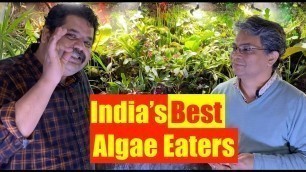
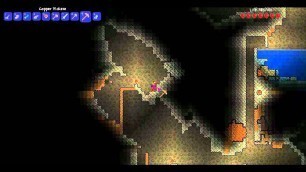

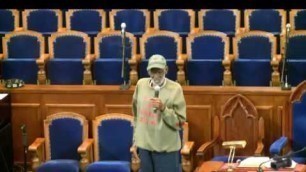




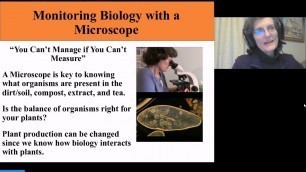

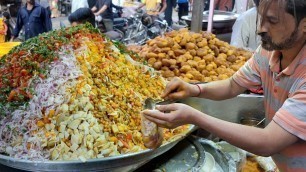


comments